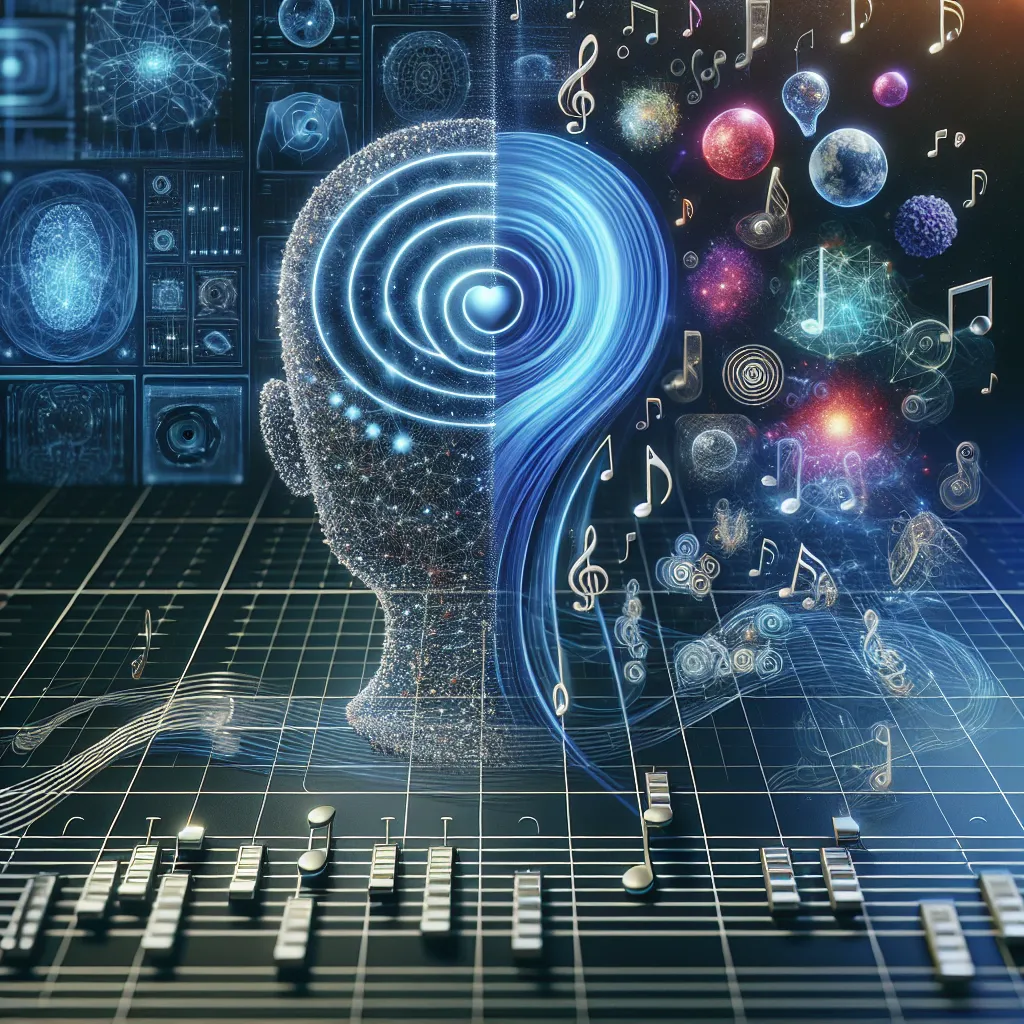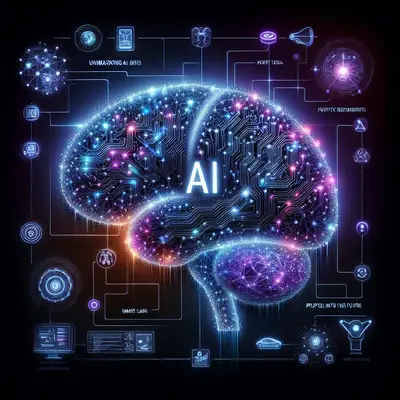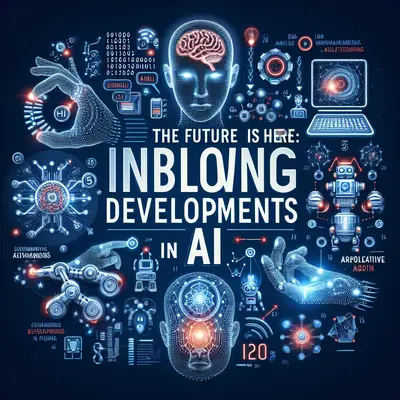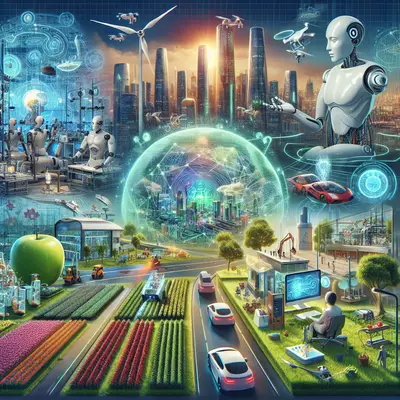AI Composers
AI is not just limited to Spotify playlists. Advanced algorithms are now composing original music pieces. Companies like OpenAI’s MuseNet have developed AI that can generate four-minute musical compositions with ten different instruments, all while blending various music styles. From classical to pop, AI is proving it can create catchy tunes that cater to every listener's taste.
Personalized Playlists
AI has revolutionized the way we discover new music. Streaming platforms like Spotify and Pandora use AI to analyze your listening habits, preferences, and even the time you listen to music to curate personalized playlists. These playlists introduce you to new artists and songs that you might not have discovered on your own, providing a unique, personalized listening experience.
Music Mastering
AI is also infiltrating the technical side of music – mastering. Landr, an online AI mastering service, uses machine learning to master tracks without human intervention. It analyzes the spectral and waveform data of your track and compares it with thousands of other professionally mastered songs to give your music the final polish it needs.
Real-Time Music Generation
Imagine a music system that can create real-time soundtracks based on your activities and mood. Sounds like sci-fi, right? Well, AI is making it possible. Companies like Melodrive have developed AI systems that can generate adaptive music in real-time. Whether you're playing a video game or working out, AI can create the perfect soundtrack to match your actions and mood.
Vocal Mimicry
AI is becoming capable of mimicking human voices, and it's using this ability to sing. OpenAI’s Jukin has developed an AI that can sing in any voice, given enough training data. From Sinatra to Gaga, it can mimic popular singers, opening up a new realm of possibilities for the music industry.
Conclusion
AI’s influence on music is undeniable. From composing original music, personalizing playlists, mastering tracks, generating real-time music, to mimicking human voices, AI is not only changing how we create and listen to music but also enhancing our overall musical experience. As we move forward, we can expect AI to continue hitting the right notes and reshaping our musical landscape.



